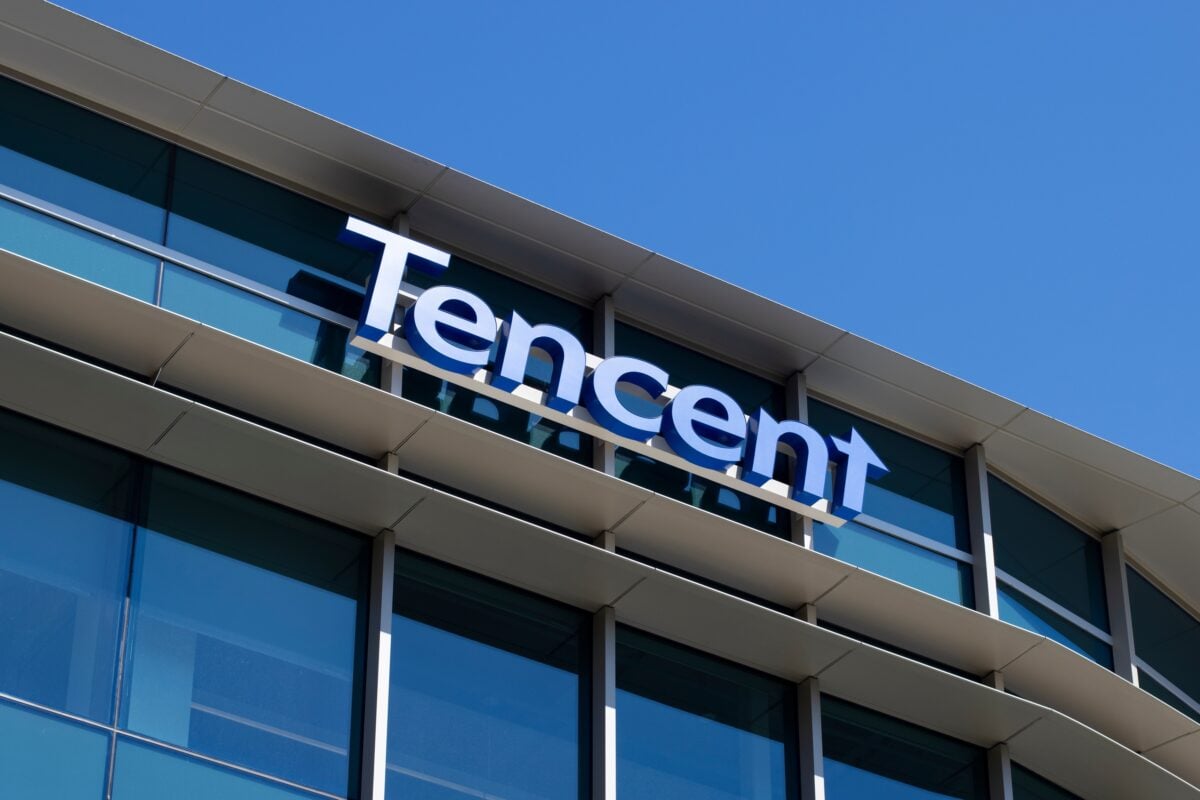TLDRs;
- Tencent has launched CodeBuddy, an AI-driven full-stack coding IDE now in internal testing.
- CodeBuddy lets users build apps by simply describing them in natural language.
- The IDE integrates Figma, Supabase, and Tencent Cloud for seamless development and deployment.
- CodeBuddy supports multiple AI models including GPT, Claude, Gemini, Hunyuan, and DeepSeek.
Chinese tech titan Tencent has taken a bold step into the world of AI-driven software development with the introduction of CodeBuddy IDE.
Currently in internal testing and available only by invitation, CodeBuddy is a full-stack integrated development environment powered by artificial intelligence. It is designed to streamline product development, design, debugging, and cloud deployment, making it possible for even non-coders to build fully functioning apps by simply describing their desired features.
This move highlights Tencent’s expanding ambitions in the AI ecosystem, hot on the heels of its recent push to commercialize AI agents via platforms like Yuanqi. CodeBuddy, however, places the spotlight firmly on software creation and promises to make app building faster, smarter, and more accessible.
Building Apps with Natural Language
Contents
Codebuddy’s biggest appeal lies in its natural language interface. Users can explain what kind of app they want and what functions it should have, and the platform takes over from there, handling feature creation, UI design, bug fixing, optimization, and more.
This capability is powered by CodeBuddy’s support for a diverse array of top-tier AI models including OpenAI’s GPT, Claude, Gemini, Tencent’s own Hunyuan, and DeepSeek. By leveraging this range of models, CodeBuddy allows for multilingual, context-aware responses that enhance the accuracy and depth of development.
Seamless Integration with Industry Tools
Under the hood, CodeBuddy connects with widely-used platforms to round out its developer-friendly experience. It integrates Figma for UI/UX design, Tencent CloudBase for backend serverless infrastructure, and Supabase, an open-source Firebase alternative, for database and user permission handling.
Once the development process is complete, users can deploy their projects using Tencent’s CloudStudio, generating a link that works across devices. This makes CodeBuddy ideal not only for developers but also for product teams, designers, and entrepreneurs aiming to launch MVPs quickly and affordably.
A Glimpse at Tencent’s Larger AI Strategy
While CodeBuddy is focused on development, Tencent’s broader AI efforts are also gaining traction. Its Yuanqi platform recently became the first to integrate WeChat Pay MCP, enabling AI agents to perform financial transactions like tipping and ordering.
This shows Tencent’s intent to embed AI across its digital ecosystem, supporting monetization and automation at scale.
There is no official release date for the public launch of CodeBuddy IDE. However, the internal rollout signals Tencent’s deepening commitment to making AI tools not only smarter but more usable across all levels of tech experience.


